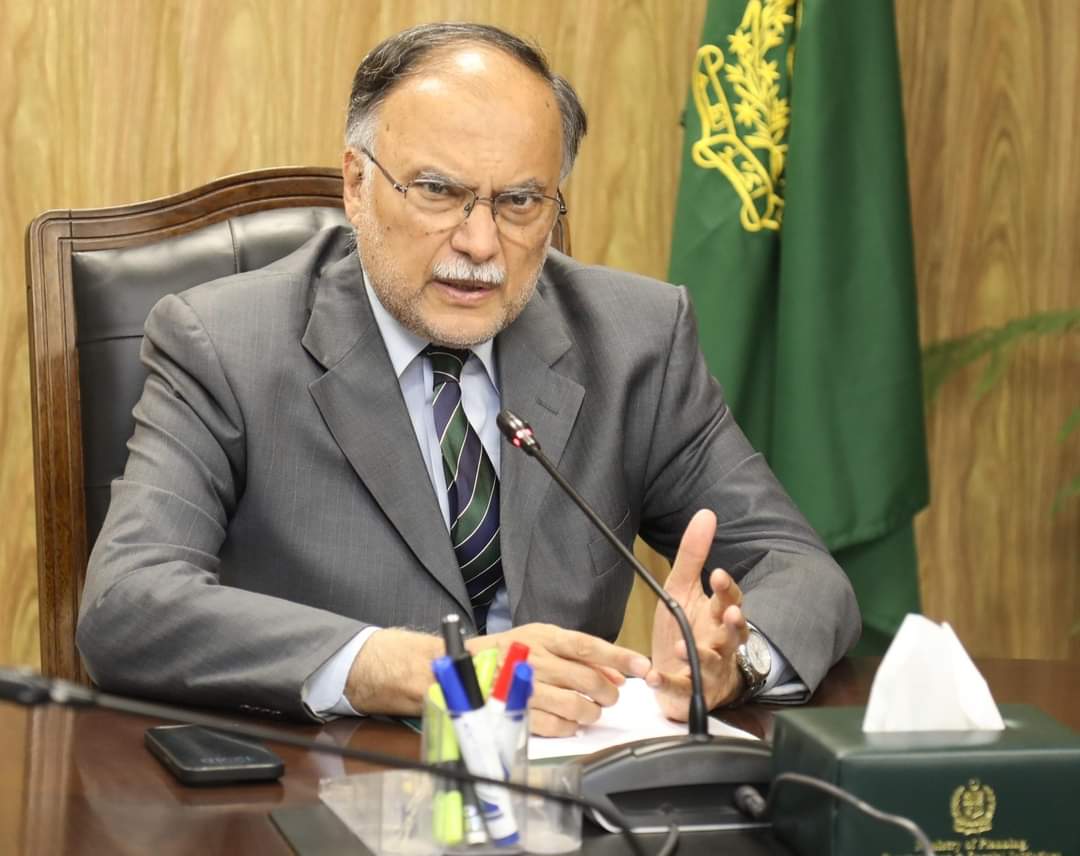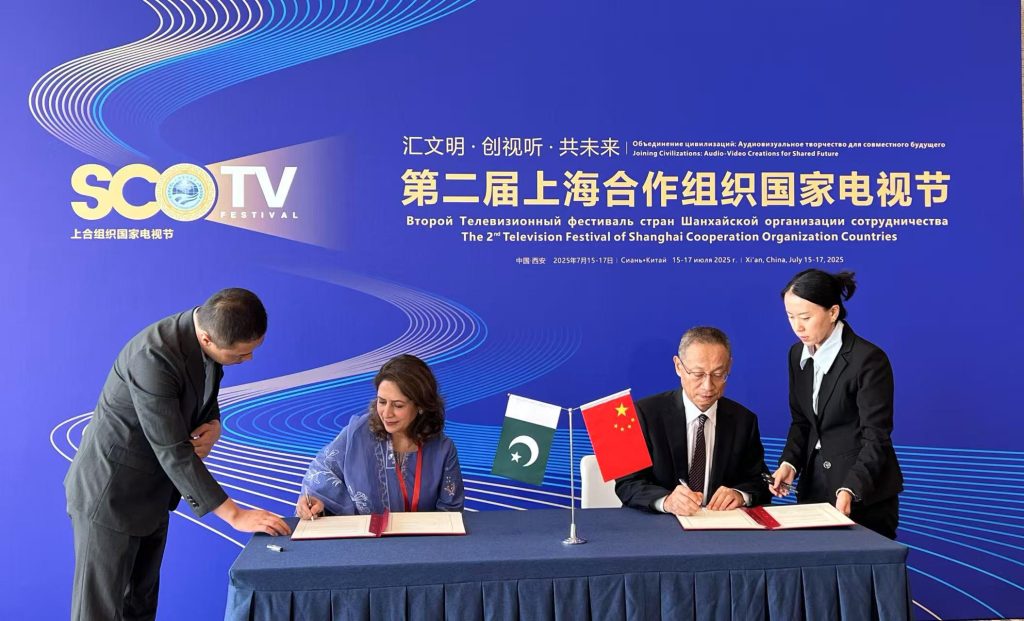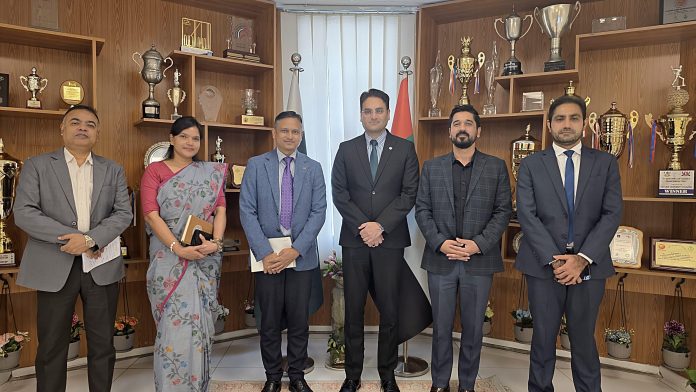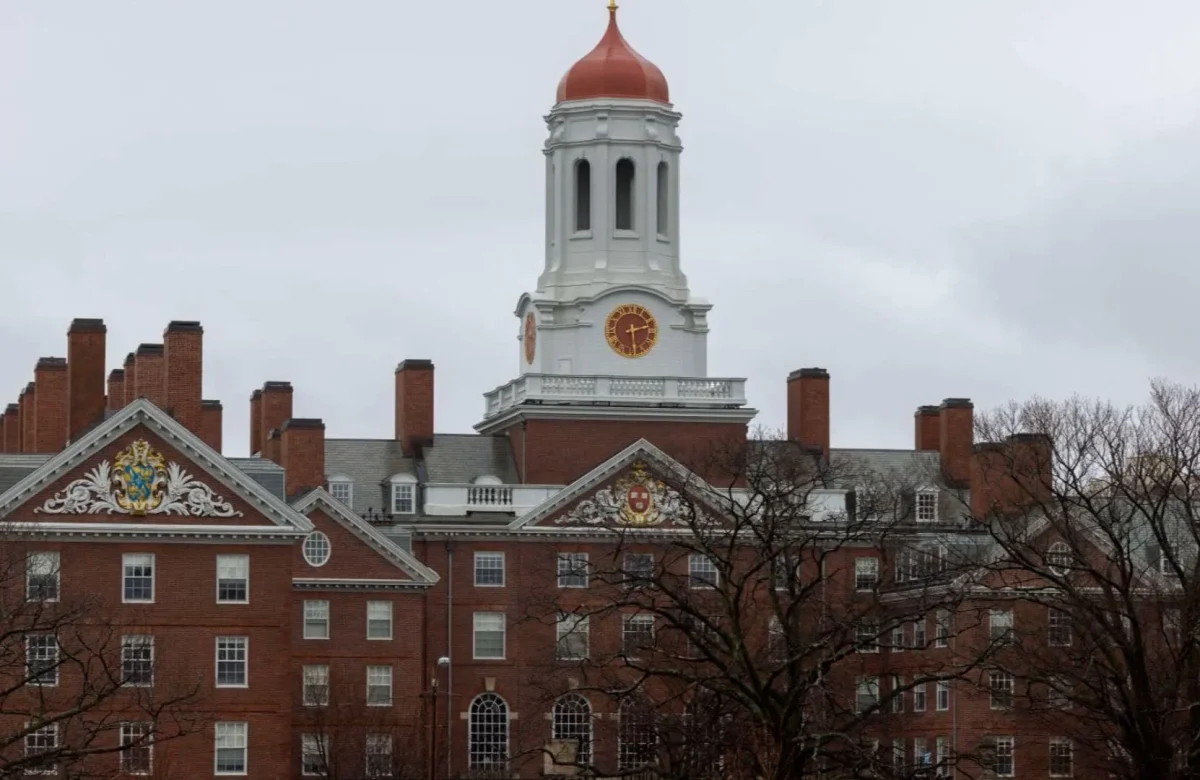
Ahsan Iqbal Chairs Meeting on Pakistan-UK Education Gateway Phase 2
- Pakistan News
- November 8, 2024
- No Comment
Minister for Planning, Development, and Special Initiatives, Ahsan Iqbal, chaired an important session discussing the “Framework for Processing Concept Proposals for New Projects under the Pakistan-UK Education Gateway Phase 2.” The meeting was attended by prominent officials, including Higher Education Commission (HEC) Chairman Dr. Mukhtar Ahmed, Dr. Najeeb Ullah (Member Science & Technology), and representatives from the British Council, including Country Director James Hampson and Head of Education Sarah Parvez.
The gathering highlighted the successes of Phase 1 of the Pakistan-UK Education Gateway, where the British Council facilitated key initiatives, including 21 Research Travel Grants and eight large-scale Research Partnership Grants. Over 1,000 researchers and reviewers were trained, and 51 universities were certified for their Offices of Research, Innovation, and Commercialization (ORIC).
Looking ahead, Phase 2 of the program aims to capitalize on these achievements and advance research and development in higher education. This phase will introduce structured fellowships for international faculty and students, encourage high-impact research, and promote leadership in educational governance. Additionally, it will foster capacity building for inclusive and quality higher education while supporting transnational education and mutual qualification recognition.
Minister Iqbal emphasized the need for a robust evaluation framework to ensure that grant projects align with Pakistan’s development goals. He stressed that despite significant investments in science and technology, the output of highly skilled research professionals has been limited. He urged for a strategic approach to engage world-class researchers who can make a substantial impact across various sectors in Pakistan.
Furthermore, Iqbal pointed out that the visits of Pakistani researchers to the UK must have clear objectives and measurable outcomes. “Each visit should be purposeful, ensuring that the knowledge gained translates into real benefits and reforms upon their return,” he added.







